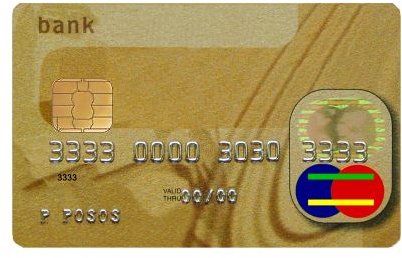Your Guide to Reducing Credit Card Debt: Getting Your Finances Under Control
Credit card debt comes from the excessive use of credit cards and the lack of paying off the debt as it is accrued. It is a very common thing seen in America, as many Americans have more than one card in their wallets. It comes from a variety of factors including: impulsive buys, lack of income, lack of budgeting, and lack of savings. Many times, people buy something with their credit with the full intention of paying it but before they know it, an emergency comes up and they need to spend their savings instead. Therefore, debt continues to pile as the interest rate climbs and no payments are made.
Tips for Reducing Credit Card Debt
There are several different ways to reduce credit card debt, including:
- Calling the credit card company and asking for an interest rate reduction.
- Turning to a debt consolidation company.These companies will help you negoiate with the creditors to reduce the overall amount of your payments, and often consolidate all of your debt into one payment to make it more manageable for you.
- Making more than the minimum payment. Even if it’s just a few dollars a month, you’ll do more than pay the interest on the card and slowly eat the debt away.
- Stop using them. If you stop adding to the balance and focus on paying down the existing balance and then close out some of your accounts, you’ll have less to worry about. Be wary of which accounts to close out though, as this can have a negative impact on your credit rating.
Alternatives
If you want to avoid credit card debt all together or if you have managed to work your way back from the debt trap and do not want to fall in again, there are a few different alternatives you can use.
- Use a prepaid credit card. These are debit cards carrying the Visa or Mastercard logo that work without a bank account to help you manage your spending. This is a great way to keep your spending separate from your checking account, as well.
- Stick to a budget that allows for savings. Many times, people turn to plastic in emergency situations that would otherwise be handled with savings. Save some of your money from each paycheck for savings. This way when you see something you really want to buy or an emergency arises, you’ll have it covered.
- Get a fixed loan, rather than a revolving line of credit. If an emergency arises and you do not have the savings to cover it, try getting a loan. You’ll have to pay it back, yes, but you won’t be able to continuously go back to it and charge more. It will be for a specific purchase, for a fixed amount and generally at a fixed interest rate.
Reducing credit card debt can be a challenge, but an important aspect to keep your financial security afloat.
References
creditcards.com, https://www.creditcards.com/credit-card-news/help/8-steps-cut-credit-card-debt-6000.php
Federal Trade Commission, https://www.ftc.gov/bcp/edu/pubs/consumer/credit/cre19.shtm
Image Credit
Wkimedia Commons/Channel R
